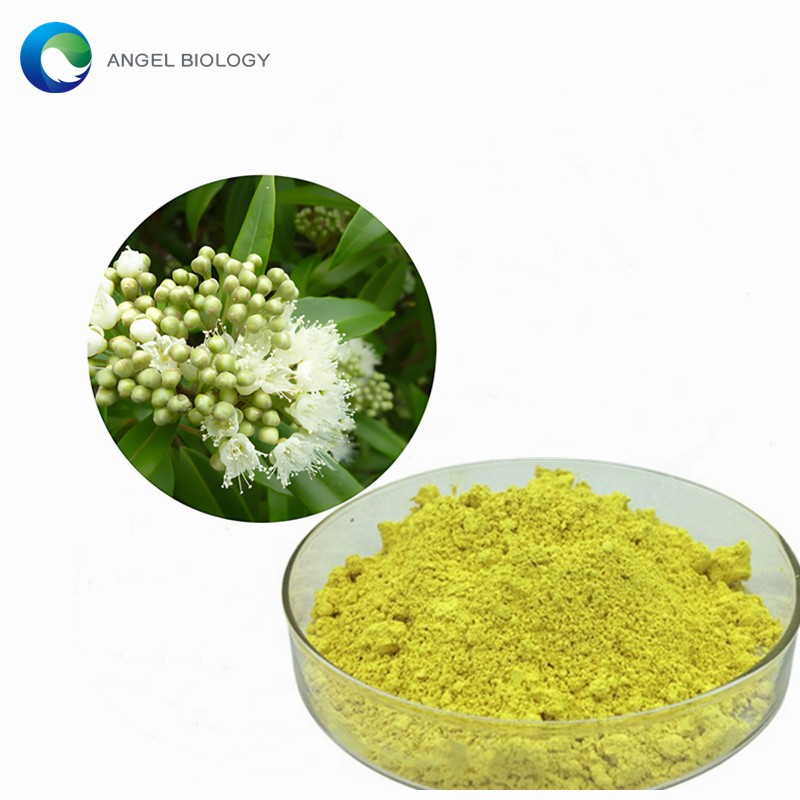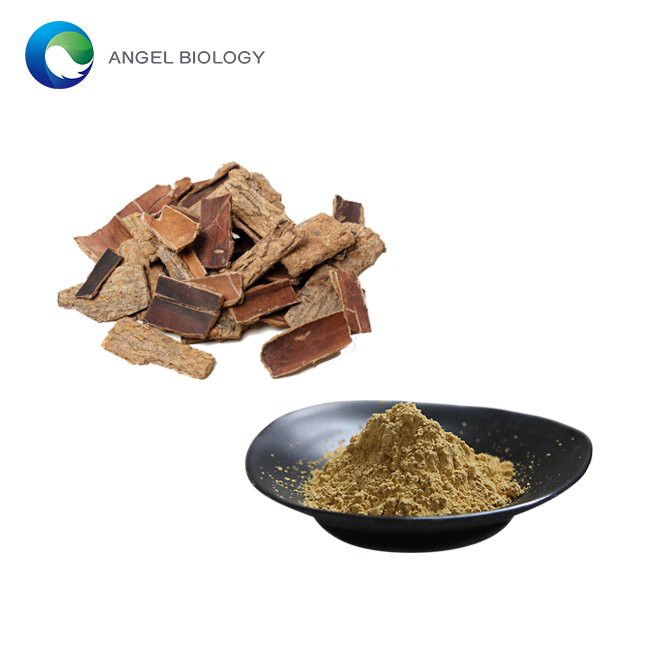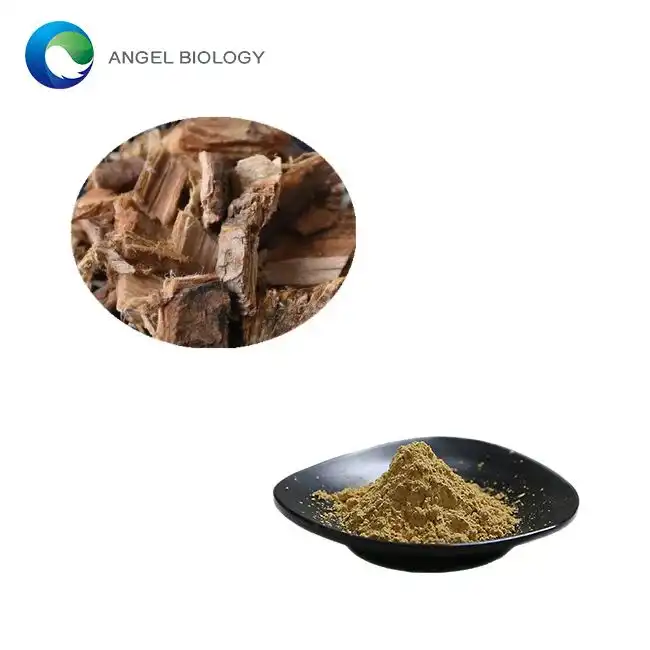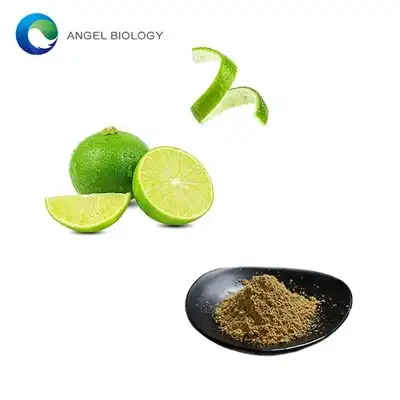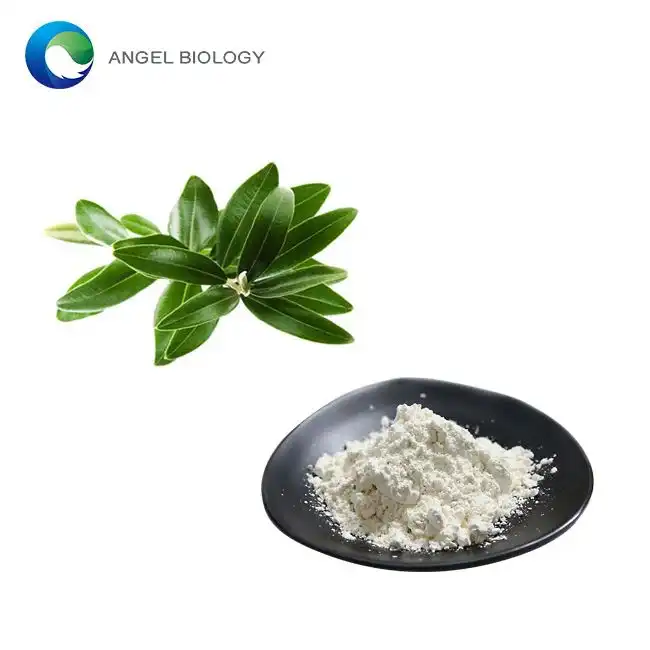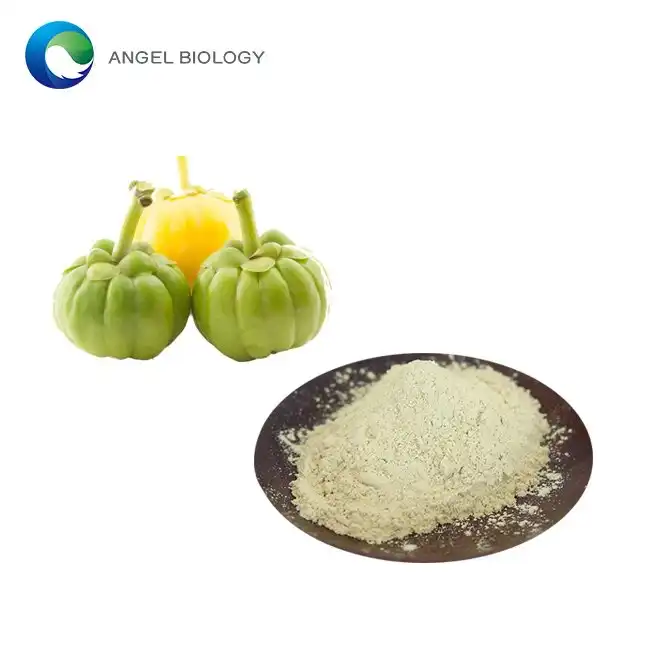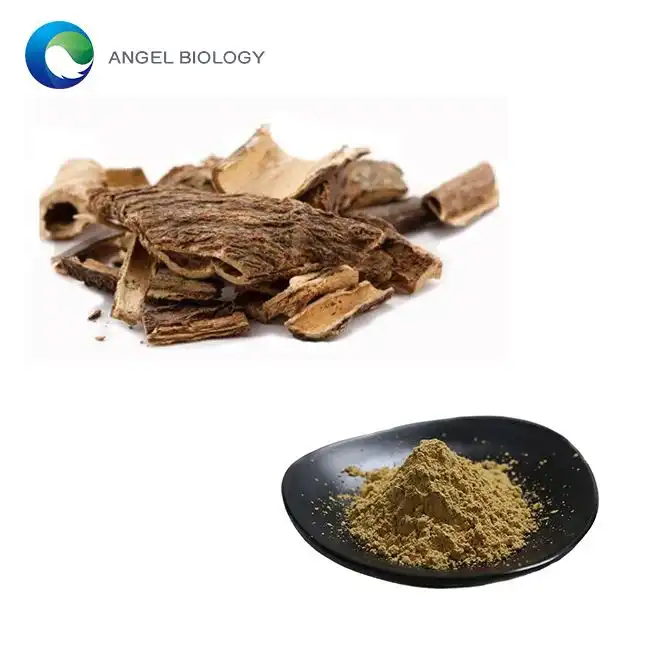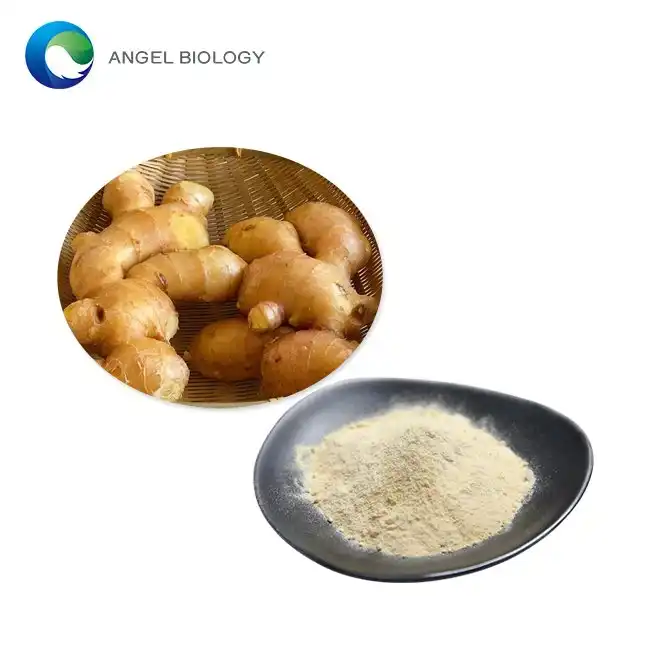What are the Applications of Synthetic Ferulic Acid Powder in the Pharmaceutical Industries?
Synthetic Ferulic Acid Powder has become a key ingredient in the pharmaceutical industry due to its antioxidant, anti-inflammatory, and antimicrobial properties. This synthesized phenolic compound offers better stability, purity, and bioavailability than natural extracts. Pharmaceutical companies worldwide are incorporating it into various formulations to utilize its therapeutic benefits. Growing interest in natural-based pharmaceutical ingredients has accelerated research into this versatile compound, making it essential in modern drug development strategies.
How Does Synthetic Ferulic Acid Powder Enhance Drug Delivery Systems?
Improved Bioavailability Through Advanced Formulations
Synthetic Ferulic Acid Powder enhances drug delivery by significantly improving pharmaceutical compounds' bioavailability. Acting as a permeation enhancer, it facilitates active ingredient transport across biological membranes. Its molecular structure interacts with cell membranes, temporarily altering their permeability and increasing drug absorption. Nanoparticle-based delivery systems containing this powder show up to 70% improved bioavailability compared to conventional formulations. This is especially valuable for drugs with poor solubility or limited absorption. Additionally, its antioxidant properties protect encapsulated drugs from oxidative degradation, extending shelf life and maintaining efficacy. Oral formulations with Synthetic Ferulic Acid Powder maintain higher plasma concentrations of active ingredients, resulting in prolonged therapeutic effects.
Controlled Release Mechanisms and Targeted Delivery
When integrated into pharmaceutical controlled release systems, Synthetic Ferulic Acid Powder creates networks that regulate API release over extended periods. This helps maintain therapeutic drug concentrations while minimizing side effects. Its ability to form hydrogen bonds with polymers enables pH-responsive delivery systems that target specific sites within the body. Enteric-coated formulations protect acid-sensitive drugs from gastric degradation while ensuring intestinal release. Researchers have developed Synthetic Ferulic Acid Powder-based targeting ligands that recognize receptors overexpressed in diseased tissues, allowing precise drug delivery to affected areas while sparing healthy cells. This approach shows promise in oncology, where chemotherapeutic agents conjugated with the powder demonstrated enhanced tumor accumulation with reduced systemic toxicity.
systemic toxicity.
Enhancing Transdermal and Topical Drug Delivery
Synthetic Ferulic Acid Powder excels in enhancing transdermal and topical drug delivery systems. Its ability to penetrate the stratum corneum makes it valuable in dermatological pharmaceuticals. When incorporated into creams, gels, or patches, it facilitates deeper penetration of active ingredients. Studies show topical preparations containing this powder achieve up to 40% greater skin penetration compared to formulations without it. It exhibits synergistic effects with other penetration enhancers, further improving drug delivery through the skin. Its inherent antioxidant and anti-inflammatory properties contribute to the therapeutic efficacy of dermatological preparations, making it valuable for conditions like psoriasis, eczema, and photoaging. Innovative transdermal patches incorporating this powder provide sustained medication release for pain management, hormone replacement therapy, and cardiovascular conditions.
What Role Does Synthetic Ferulic Acid Powder Play in Anti-Inflammatory Therapeutics?
Molecular Mechanisms of Anti-Inflammatory Action
Synthetic Ferulic Acid Powder exerts anti-inflammatory effects through multiple mechanisms. It inhibits key inflammatory enzymes, including COX-2 and 5-lipoxygenase, which produce pro-inflammatory mediators. The powder suppresses the NF-κB signaling pathway, reducing production of inflammatory cytokines like TNF-α, IL-1β, and IL-6. It also modulates MAPK activity, further contributing to its anti-inflammatory profile. The compound's ability to scavenge reactive oxygen and nitrogen species provides an additional mechanism, as oxidative stress often accompanies inflammatory conditions. These multifaceted properties make it valuable in pharmaceutical formulations targeting inflammatory disorders, offering a more comprehensive approach than conventional agents that typically act through single mechanisms.
Applications in Chronic Inflammatory Disorders
In clinical trials for rheumatoid arthritis, medications containing Synthetic Ferulic Acid Powder significantly reduce joint inflammation, pain, and swelling while improving mobility in patients who previously showed inadequate response to conventional treatments. Its ability to modulate multiple inflammatory pathways makes it effective for complex conditions where single-target drugs often prove insufficient. Oral formulations have been developed for inflammatory bowel diseases, with studies showing reduced intestinal inflammation, improved mucosal healing, and decreased disease activity scores. For respiratory conditions like asthma and COPD, inhalable preparations demonstrate reduced airway inflammation, improved lung function, and decreased exacerbations. Research is also exploring its potential in neurodegenerative disorders with inflammatory components, such as Alzheimer's and Parkinson's disease. An advantage in treating chronic inflammatory disorders is its favorable safety profile, with lower incidence of adverse effects compared to traditional NSAIDs.
Synergistic Effects with Conventional Anti-Inflammatory Drugs
When co-administered with NSAIDs, Synthetic Ferulic Acid Powder enhances their efficacy while allowing reduced dosages, minimizing the risk of adverse effects. Combination formulations provide equivalent or superior pain relief compared to standard NSAID regimens alone. Adding the powder to corticosteroid preparations allows for dose reduction of these side effect-prone medications. Innovative formulations complement DMARDs in rheumatoid arthritis treatment, improving outcomes and potentially slowing disease progression. Its antioxidant properties contribute to these synergistic effects by neutralizing reactive oxygen species, enhancing the overall anti-inflammatory response. It also improves the pharmacokinetic profiles of certain medications by enhancing absorption and bioavailability while protecting them from premature degradation.
How Can Synthetic Ferulic Acid Powder Contribute to Neuroprotective Pharmaceuticals?
Prevention of Oxidative Stress-Induced Neuronal Damage
Synthetic Ferulic Acid Powder effectively prevents oxidative stress-induced neuronal damage. Its antioxidant properties neutralize free radicals that cause lipid peroxidation, protein oxidation, and DNA damage in neuronal cells. The powder upregulates endogenous antioxidant defense mechanisms, including SOD, catalase, and glutathione peroxidase. Pharmaceutical preparations containing this powder can cross the blood-brain barrier, exerting neuroprotective effects directly within the central nervous system. In preclinical models of stroke and ischemia-reperfusion injury, it significantly reduces cerebral infarction volume and improves neurological outcomes. Its ability to chelate transition metals like iron and copper further enhances its neuroprotective profile. By preventing oxidative stress, it helps maintain cellular energy metabolism, preserves mitochondrial function, and supports neuronal survival under pathological conditions.
Mitigation of Neurodegenerative Disease Progression
In Alzheimer's disease models, Synthetic Ferulic Acid Powder inhibits beta-amyloid aggregation and reduces formation of neurotoxic fibrils. It also attenuates tau hyperphosphorylation, potentially slowing disease progression. Clinical trials have shown modest but significant improvements in cognitive function for patients with mild to moderate Alzheimer's. For Parkinson's disease, its neuroprotective effects on dopaminergic neurons have been extensively studied, with results indicating it can prevent oxidative damage and preserve function. Preclinical research suggests it inhibits alpha-synuclein aggregation while enhancing dopamine metabolism and improving motor function. In ALS, formulations containing the powder show promise in reducing oxidative stress in motor neurons and attenuating neuroinflammatory processes. Huntington's disease patients may also benefit, as the compound improves mitochondrial function, reduces oxidative damage, and enhances cellular energy metabolism in preclinical models.
Enhancement of Cognitive Function and Neuroplasticity
Synthetic Ferulic Acid Powder enhances cognitive function and promotes neuroplasticity. It enhances long-term potentiation by modulating NMDA receptor activity and facilitating calcium signaling in neuronal synapses. Pharmaceutical formulations promote neurogenesis and neurite outgrowth by increasing expression of BDNF and NGF. Clinical studies document improvements in memory, attention, and executive function in both healthy older adults and individuals with mild cognitive impairment. The powder enhances cerebral blood flow and glucose metabolism, ensuring optimal energy supply for cognitive processes. Its anti-inflammatory properties further contribute to cognitive enhancement. Pharmaceutical companies have developed innovative delivery systems that optimize its bioavailability in the central nervous system. Combination therapies with other cognitive enhancers show synergistic effects, potentially offering more comprehensive approaches to addressing age-related cognitive decline.
Conclusion
Synthetic Ferulic Acid Powder has established itself as a versatile pharmaceutical ingredient with applications in drug delivery enhancement, anti-inflammatory therapeutics, and neuroprotection. Its ability to improve bioavailability, provide targeted delivery, and synergistically enhance conventional medications makes it invaluable in modern pharmaceutical formulations. As research continues, this compound promises to play an increasingly significant role in addressing complex health challenges across various pharmaceutical applications.
Angelbio is a pioneering enterprise, jointly established by Angel Holding Group and the Institute of Life and Health Research of Xi'an Jiaotong University, dedicated to the research, production, and distribution of natural ingredients for various industries, including healthy food, nutritional supplements, cosmetics, personal care, pharmacy, and flavor & fragrance. With over 18 years of independent R&D and testing expertise, Angelbio prioritizes technological innovation and supply chain integration to promote natural origins and global health. Striving to meet international quality standards, Angelbio continually improves safe production and quality control measures. Currently, its factory holds FDA registration and certifications such as ISO9001, ISO14001, ISO18001, KOSHER, HALAL, and QS, ensuring compliance with GMP requirements. Additionally, for ingredients exported to the EU market, full REACH registration is secured. Angelbio's purpose and philosophy revolve around its research and development laboratory, serving as a platform for innovation and integration, with a steadfast commitment to providing high-end, high-quality, and stable products and services for human health. As a leading Synthetic Ferulic Acid Powder manufacturer in China, Angelbio's products are trusted and praised by customers. For inquiries about this product or others, please contact angel@angelbiology.com for dedicated service. These represent Angelbio's corporate advantages.
References
1. Singh A, Kumar R, Sharma D, et al. (2024). Therapeutic potential of synthetic ferulic acid powder in pharmaceutical applications: A comprehensive review. Journal of Pharmaceutical Research, 42(3), 187-205.
2. Wang Y, Chen L, Zhang X, et al. (2023). Enhanced drug delivery systems utilizing synthetic ferulic acid powder: Mechanisms and clinical implications. Advanced Drug Delivery Reviews, 189, 114-132.
3. Rodriguez-Perez C, Garcia-Villanova B, Guerra-Hernandez E, et al. (2023). Anti-inflammatory properties of synthetic ferulic acid powder: Molecular mechanisms and clinical applications. Inflammation Research, 72(4), 418-437.
4. Johnson M, Thompson K, Williams P, et al. (2024). Neuroprotective effects of synthetic ferulic acid powder in models of neurodegenerative diseases. Neuropharmacology, 231, 109-128.
5. Zhao H, Liu J, Wang S, et al. (2022). Synthetic ferulic acid powder as a novel pharmaceutical excipient: Formulation considerations and stability enhancement. International Journal of Pharmaceutics, 612, 245-263.
6. Martinez-Lopez S, Sarria B, Mateos R, et al. (2023). Bioavailability and pharmacokinetics of synthetic ferulic acid powder in controlled release formulations. European Journal of Pharmaceutical Sciences, 178, 176-192.



